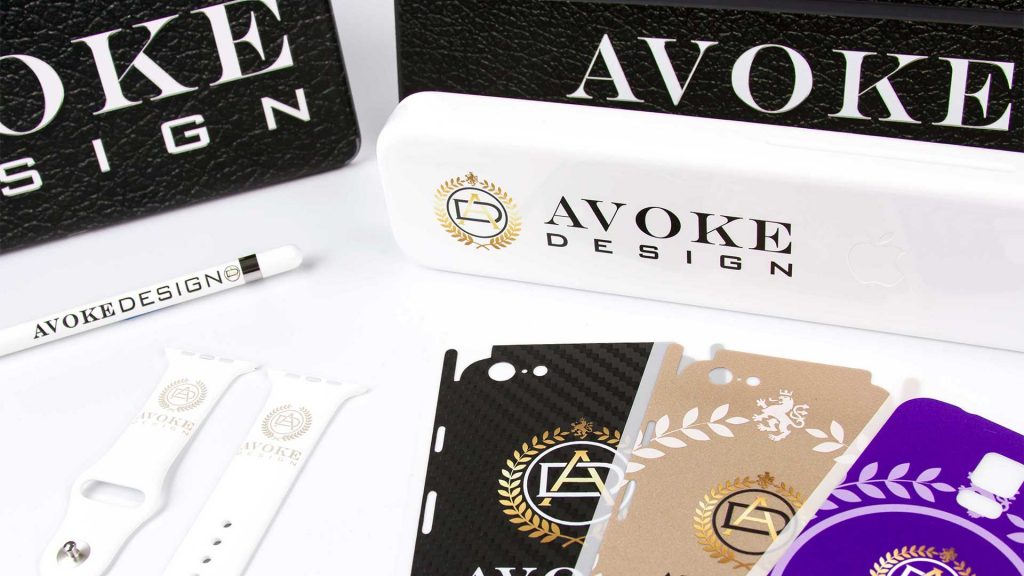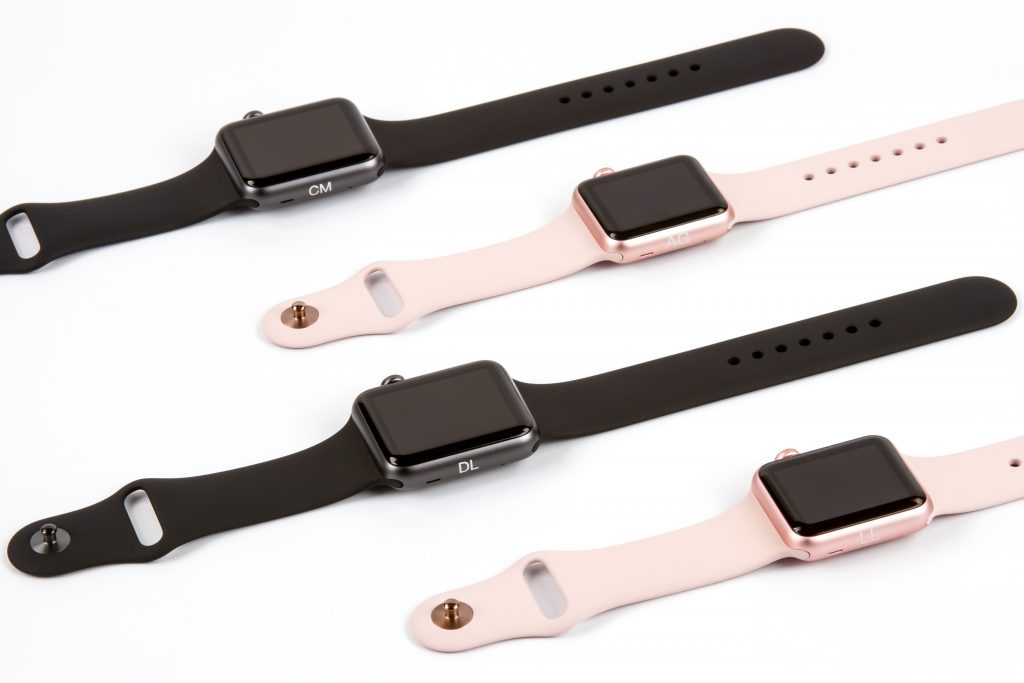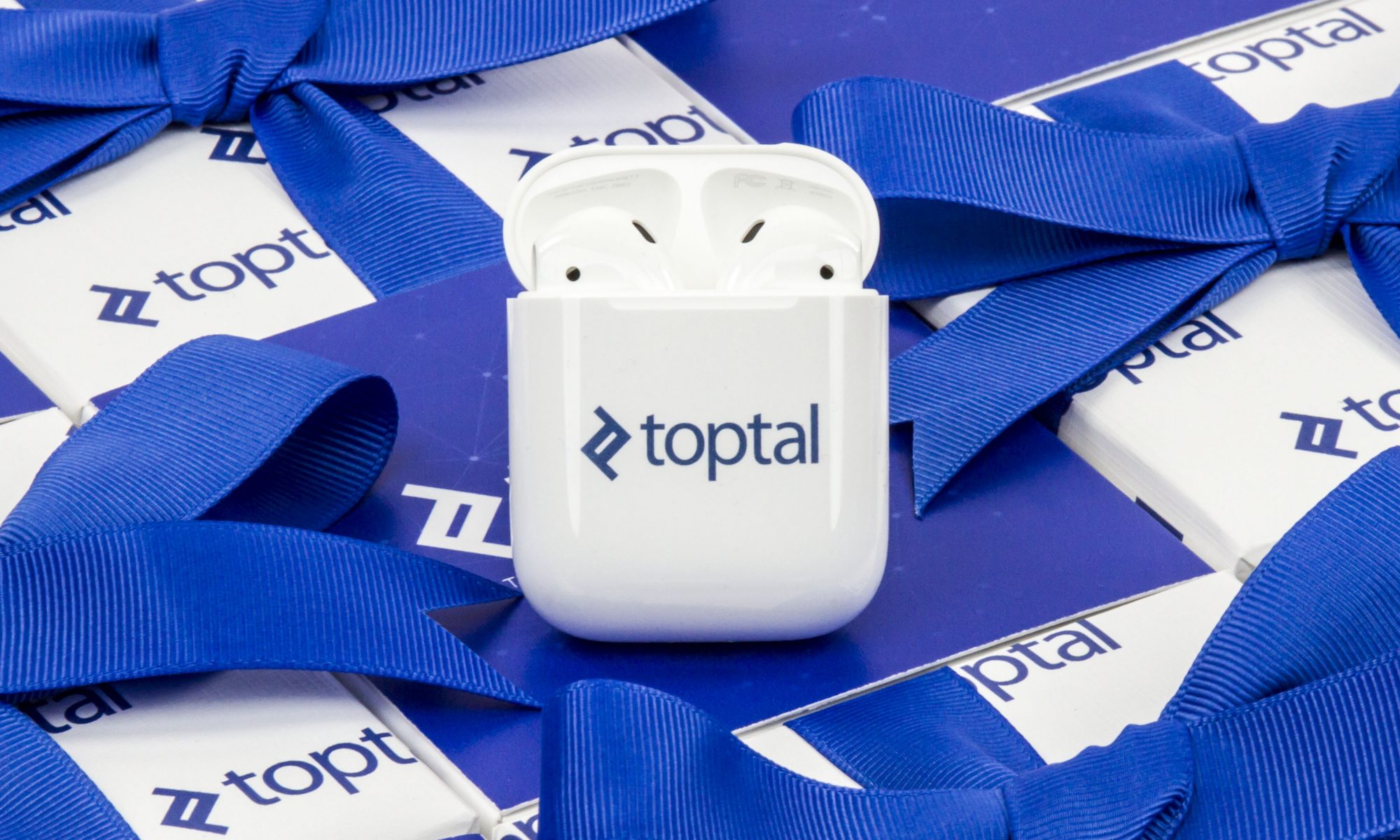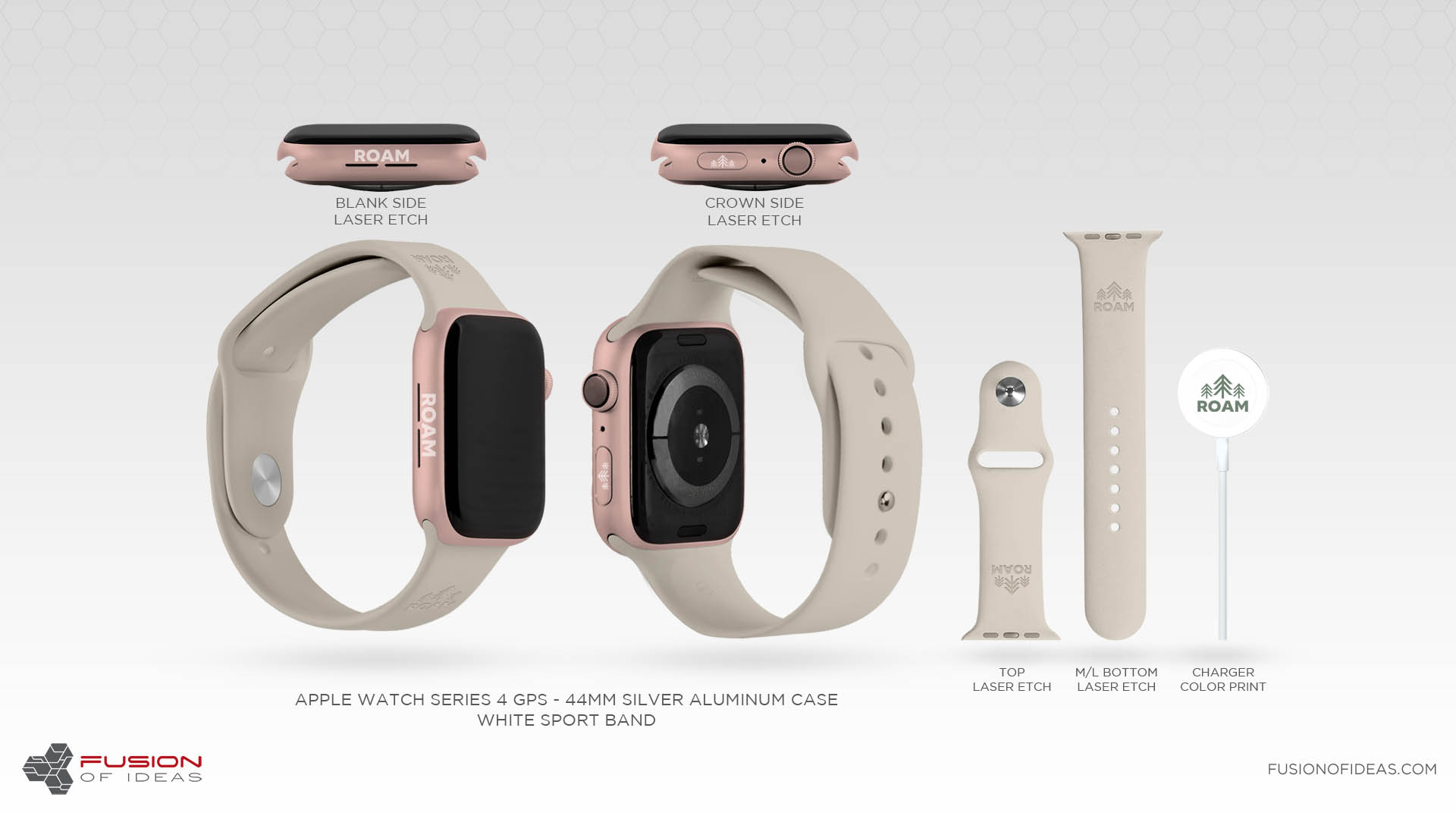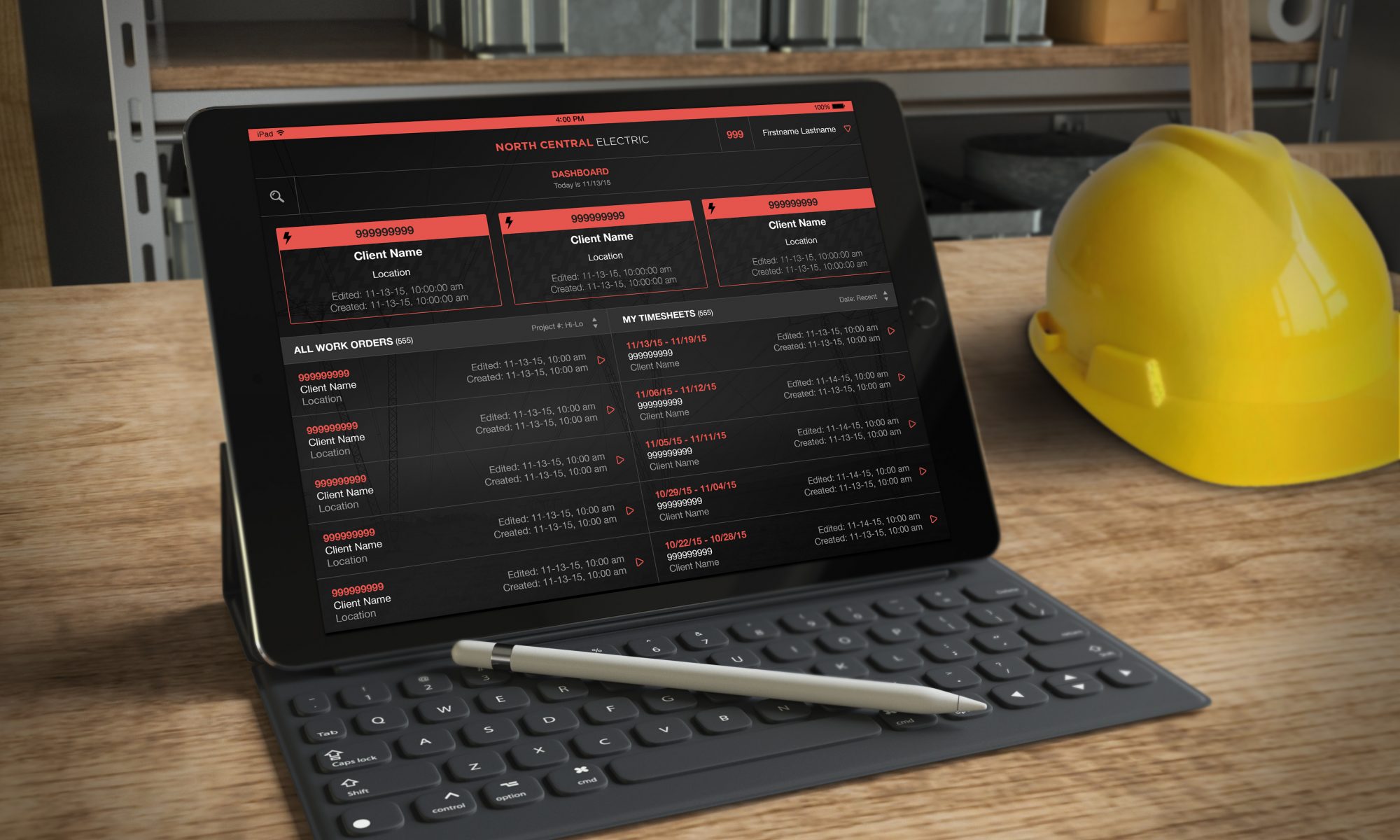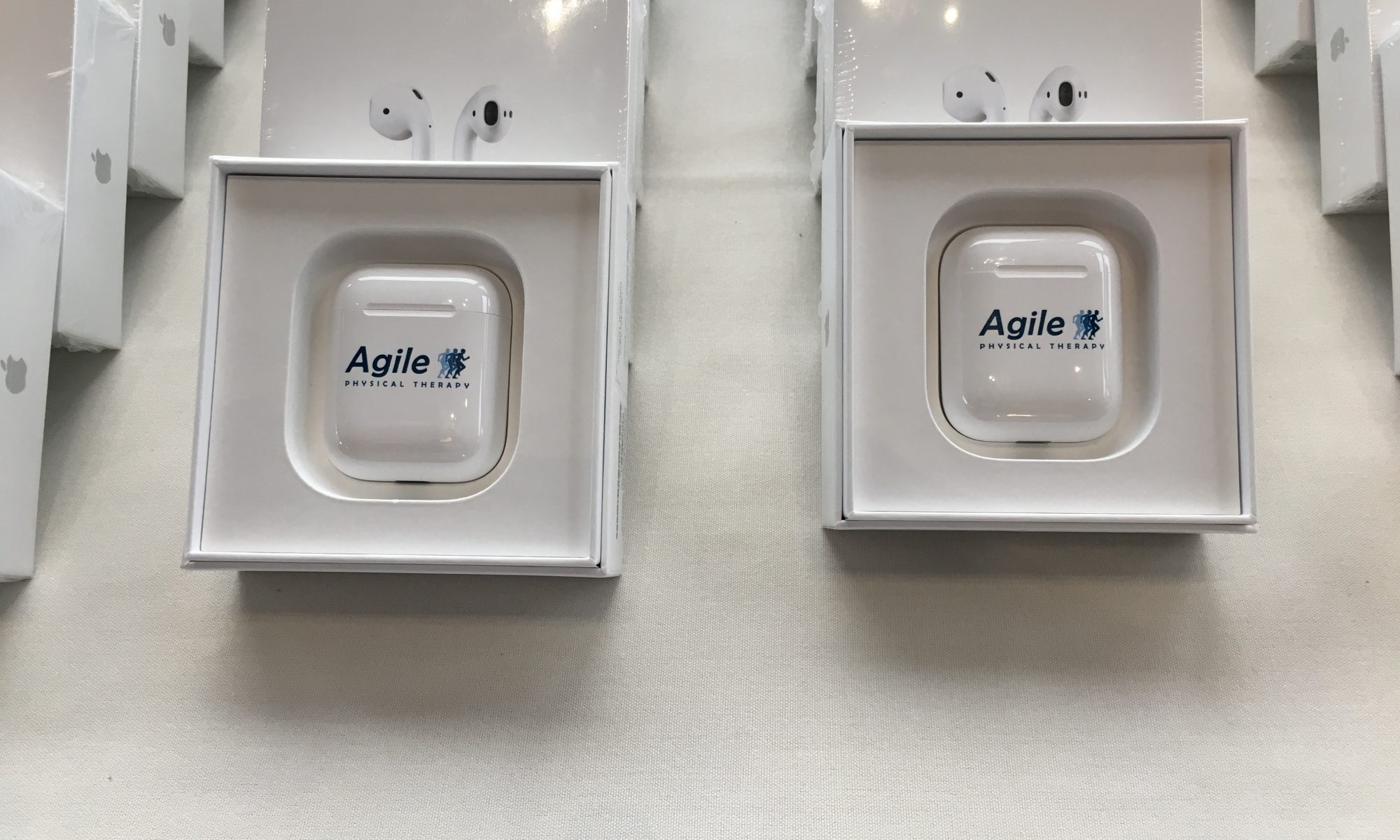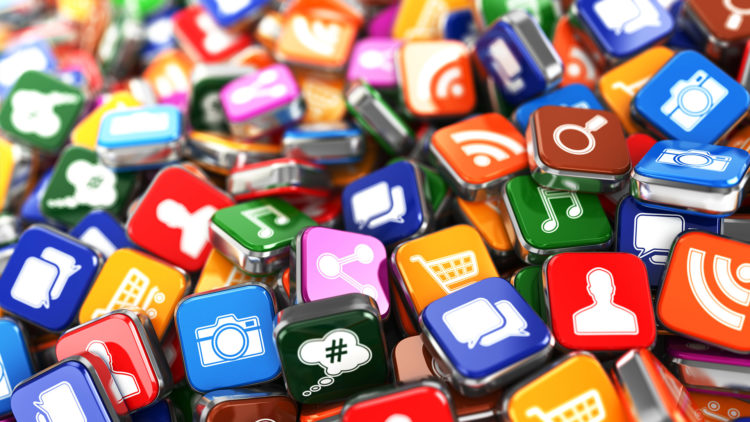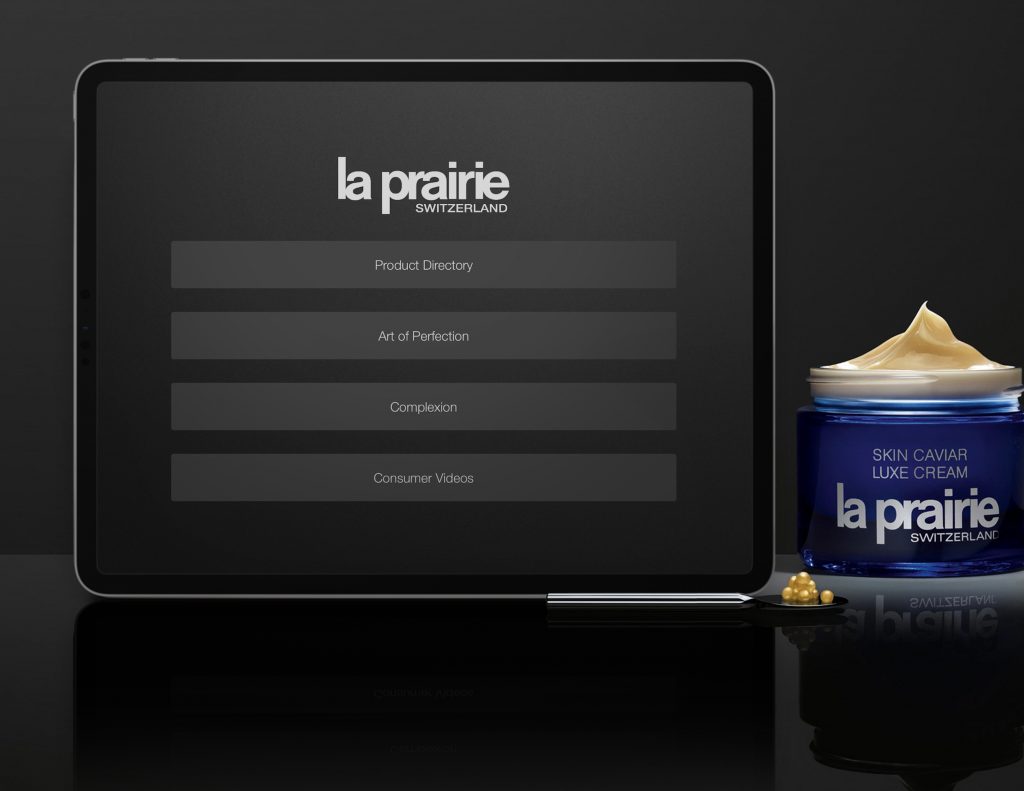The construction industry has always been mobile with field employees in transit at job sites or set up in trailers. Keeping the field and office teams in real-time collaboration is invaluable, especially if it means major cost savings to the company and client.
As construction companies look for ways to create efficiencies, many are favoring using mobile devices and using custom applications as a strategic move to embrace technology. According to the latest JBKnowledge Construction Technology Report, more than 80 percent of construction executives view mobile is “important” or “very important” to their operations.
Let’s take a closer look at six ways construction companies can benefit from using a custom application:
1. Time and money savings.
Keeping the entire team connected with the same information and using a common application means projects are more likely to be completed on time and on budget. When paper-based processes are digitized, the workflow is more efficient. Some of the processes that can be digitized include employee timesheets, purchase orders and job-related forms such as incident reports, pre- and post-job safety protocol, emergency action plans, and others.
2. A custom system built for your business.
Currently, many construction companies use off-the-shelf software products to help meet their various needs. Off-the-shelf mobile apps have the benefits of quick deployment and lower development costs. But it’s rare to find an off-the-shelf app that suits the exact needs of your company. When multiple needs are consolidated into one handy app that is customized for the business, it replaces the need for additional software products and training sessions.
3. Real-time communications on the jobsite.
When information is stored in a centralized place, it allows for quicker response times. For example, a project manager can report construction errors immediately while building a system, which will then send automatic notifications to the person responsible for fixing the error.
With purchase orders, if a change in the order is needed, the timing of the information being delivered can mean the difference between finishing a project or potentially losing a job. Verbal communication in change orders can be misinterpreted or incomplete, or details may be missed during communications. An app that can log and track purchase orders, get orders authorized, and push them to the appropriate departments is invaluable, especially when time is of the essence.
4. Comprehensive business data.
Gathering and sorting essential business data is easier than ever with an efficient application. For example, employers can track the materials purchased, equipment rented and mileage used on each job site. When all data is stored, it can be organized, analyzed and presented more effortlessly.
5. Management can make calculated business decisions.
Automating the paper process allows executives to get a better insight into the workflow. From tracking employees’ locations in the field to time spent at a job site, adjustments in business rules can be made in a more calculated and strategic way. Executives can then use the collected data from connected devices to make faster and smarter strategic decisions.
6. Minimal training needed.
A good application should be engaging and easy to use. A software interface closely mirrors the current paper process is easier to adapt so there is minimal disruption in the workflow and a shorter learning curve for employees. That being said, before any new software is developed, it’s important to understand how tech-savvy are those who will be using the app, as the goal for having the app is to not disrupt the workflow or get in the way of an individual’s performance.
